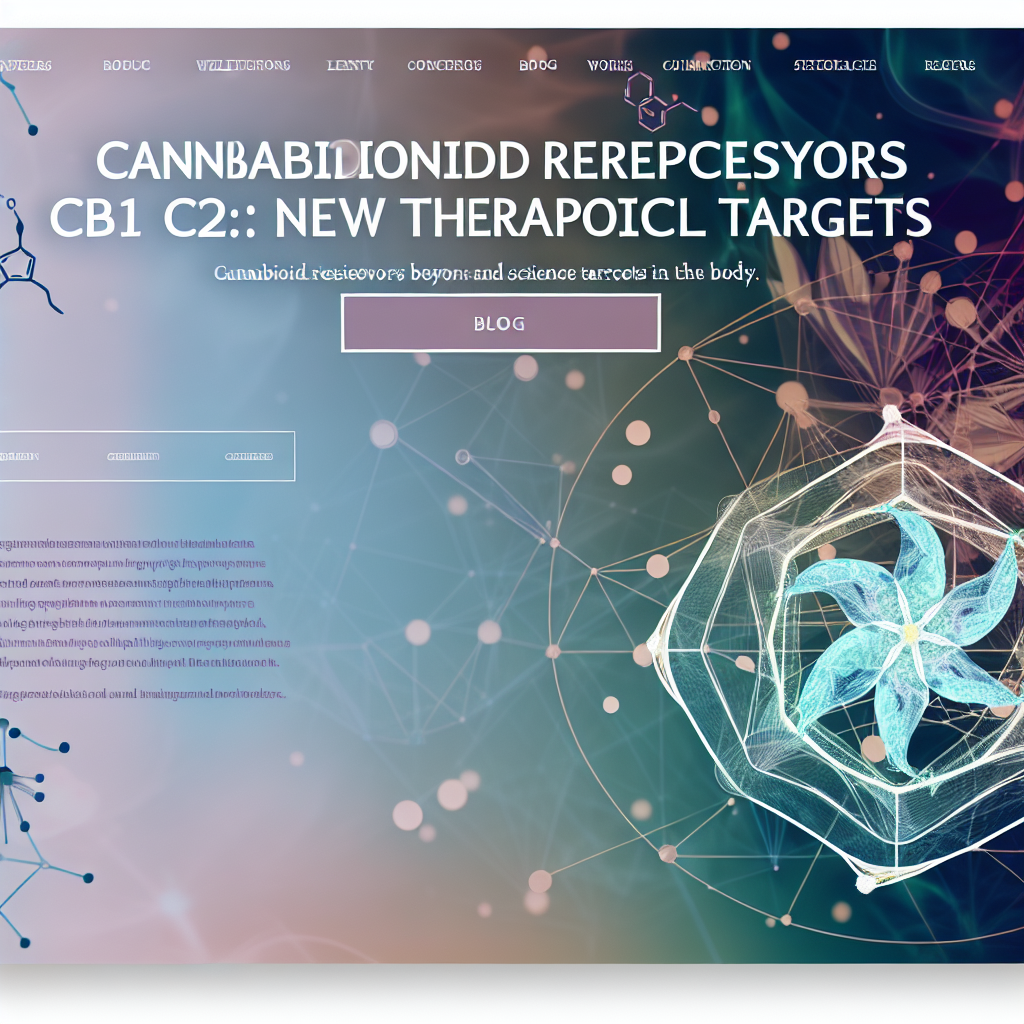Medical Cannabis and Sleep Disorders: Research Review
Introduction
Sleep is an essential pillar of health, regulating everything from immune function and mental well-being to cellular repair and hormonal balance. Yet, for millions of people worldwide, achieving sufficient and restorative sleep is no small feat. Sleep disorders, including insomnia, sleep apnea, restless leg syndrome, and circadian rhythm disorders, undermine the lives of countless individuals, causing fatigue, reduced productivity, and a host of secondary health issues. Recognizing the growing prevalence of sleep disturbances—exacerbated by stress, aging, or medical conditions—has prompted urgent exploration into alternative and effective therapies.
THC and Sleep: A Double-Edged Sword
A major area of research has centered on THC, the primary psychoactive compound in cannabis, which has long been associated with sedative effects. Researchers found that moderate doses of THC were effective at reducing sleep latency (time to fall asleep) while extending total sleep duration. However, the study also noted that prolonged or habitual use of THC could cause tolerance, requiring higher doses over time to achieve the same benefits.
CBD for Anxiety-Driven Sleep Disorders
Cannabidiol (CBD), the non-intoxicating counterpart to THC, has been investigated for its potential in addressing sleep-related ailments, particularly in patients experiencing anxiety or chronic pain. Researchers found that 66% of participants experienced improved sleep quality after just one month of CBD treatment, suggesting its ability to reduce arousals during the night.
Cannabis and PTSD: Unlocking Relief for Nightmares
Another compelling area of research involves cannabis use for veterans and others with PTSD, whose nightmares and hyperarousal symptoms often rob them of restful sleep. Findings showed that patients using THC-rich strains experienced a significant reduction in nightmare frequency compared to those who abstained.
Conclusion: A Promising Frontier in Sleep Medicine
The evolving research on medical cannabis and sleep disorders highlights a promising avenue for patients seeking innovative solutions to improve sleep quality and address underlying conditions. While cannabinoids such as THC and CBD demonstrate potential in alleviating insomnia, sleep apnea, and PTSD-related sleep disturbances, significant variability exists based on individual needs, product formulations, and usage patterns.
Summary:
The research review explores the potential of medical cannabis, particularly THC and CBD, in addressing various sleep disorders such as insomnia, sleep apnea, and PTSD-related nightmares. While the compounds show promise in improving sleep quality, the review highlights the need for further research to address dosage, strain variability, and long-term safety considerations.
References:
1. Frontiers in Psychiatry: Systematic Review of Cannabis Use for Sleep
2. Journal of Clinical Sleep Medicine: Cannabis and Obstructive Sleep Apnea
3. The Permanente Journal: CBD for Anxiety and Insomnia
4. Sleep Health: Cannabis and PTSD-Related Nightmares




